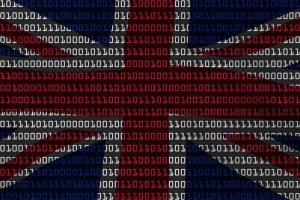Elon Musk recently attempted an unsolicited takeover of OpenAI that was rejected by CEO Sam Altman and OpenAI’s nonprofit board.
Now the creator of ChatGPT reportedly wants to make sure that any future coups from the world’s richest man — or any other investor — won’t be successful.
According to a report in the Financial Times, the changes being discussed would give OpenAI’s existing nonprofit directors special voting rights, allowing them to retain power over OpenAI even as the artificial intelligence organization restructures into a for-profit enterprise known as a public benefit corporation.
By concentrating such power in OpenAI’s nonprofit arm, the AI upstart could rebut Musk’s argument that it has moved away from its original charitable mission. It could also allow board members to potentially overrule other backers of the for-profit enterprise, such as Microsoft (MSFT) or SoftBank.
All of that will take some maneuvering by OpenAI’s board members and Altman, all of whom are defendants in a lawsuit from Musk that seeks to block OpenAI from converting to a for-profit business.
“There are strategic decisions that can be made to protect a non-profit from a hostile takeover or coup d’etat,” nonprofit law expert Ellis Carter wrote in her Charity Lawyer blog. But making the nonprofit “truly unhijackable,” Carter explained, must be done carefully.
Because nonprofit corporations have no stock and no formal ownership, she added, “governance design is critical.”
For now, OpenAI’s board is empowered to fend off acquisitions because, as a non-profit, it has no shareholders and no voting members. But University of California, Los Angeles law professor Rose Chan Loui said OpenAI appears to be focused on fortifying against a hostile takeover that could come after its for profit subsidiary’s conversion to a public benefit corporation.
Chan Loui suspects that OpenAI would give its board members a special class of voting stock in the restructured for-profit firm with rights superior to other equity owners. At the very least, she said, their votes could overrule any takeover moves by private investors, including OpenAI’s largest investor, Microsoft.
Beyond that, she said, it’s unclear how specific the voting rights might be. For example, they could be limited to turning down takeover attempts or as broad as the all-encompassing rights currently held by the nonprofit board.
“We need more detail,” Chan Loui said.
OpenAI did not respond to a request for clarification.


